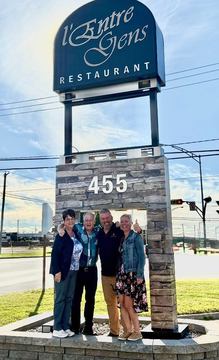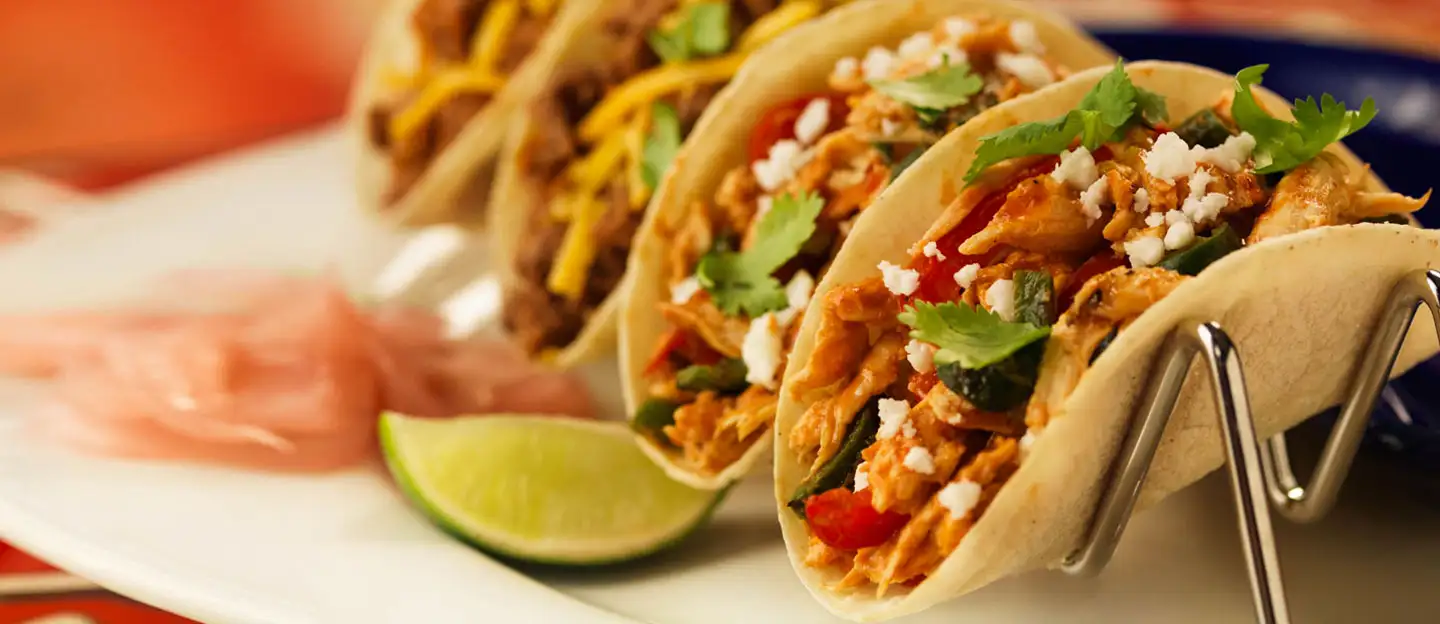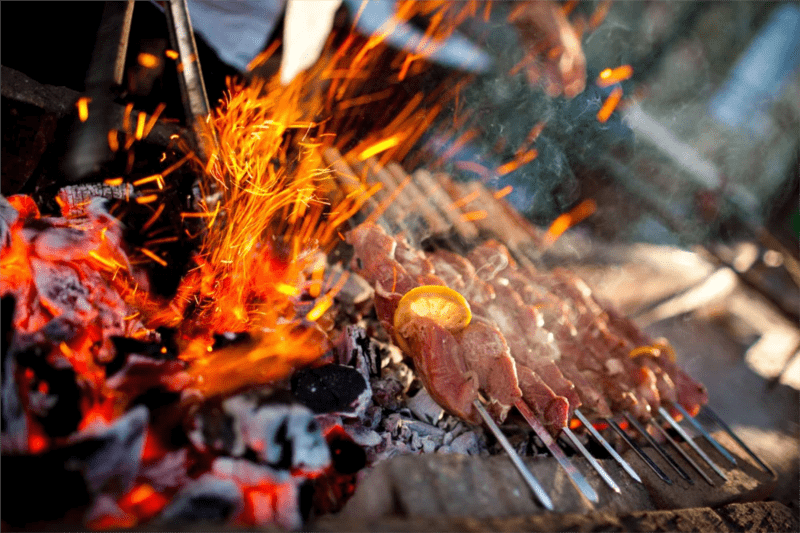
This edition will make a brief return to prehistory by bringing up to date the oldest form of cooking, that over a wood fire. Also, Outaouais restaurants are available to you during part of the month of November and we discover with amazement that a third of Canadian restaurants are struggling due to their precarious financial situation.
First, Camp Boule offers a wood-fired cooking experience, establishing a unique link between the mountain (Le Massif de Charlevoix) and the restaurant run by David Forbes. The comforting menu highlights local products, offering skiers a warm and gourmet experience. The chef regularly sources his supplies from local producers to guarantee the freshness of the ingredients. Cooking with wood requires complex space management and presents a challenge for cooks, but it imparts unique flavors. However, emissions of fine particles raise environmental concerns, among others in Montreal, with regulations being developed to better regulate cooking with wood. Marc-André Jetté, chef-owner of Hoogan and Beaufort, hopes that restaurateurs will be consulted to preserve this distinctive flavor of Montreal.
Secondly, Outaouais on the menu is this culinary event which will bring together around twenty restaurants in the region from November 9 to 18. Customers can enjoy a three-course menu for $59 (before tax and tip) at any of the participating establishments, showcasing local products. The initiative aims to promote regional cuisine.
The event was on hold due to COVID-19, but received a positive response from local restaurateurs. The first edition opted for uniform prices to evaluate the project, with the hope of attracting more participants in the future. The region's culinary diversity has been strengthened over the years, despite the impact of the pandemic. Outaouais au menu allows locals and tourists to discover local restaurants, mainly in Gatineau, but also in Petite-Nation.
Here is the list of participating restaurants: Aux Chantignoles (Montebello), Le Bistro Montebello (Montebello), Le Café du Bistrot (Saint-André-Avellin), Le Napoléon (Montebello), Souche-I (Montebello), Restaurant L'Huile d 'Olive (Bouchette), Café Le Hibou (Wakefield), La Maison du Village (Wakefield) and l'Oiseau Bleu Marché-Café (Chelsea).
Ultimately, nearly 34% of Canadian restaurants are experiencing financial difficulties due to inflation and rising product costs, leading to losses before the end of 2023, a significant increase from 7% before the pandemic. Additionally, 17% of restaurateurs are failing to achieve profitability, compared to 5% five years ago, despite projected total sales of $110 billion this year, surpassing 2022 and 2019 figures.
Rising operating costs, including food prices, insurance and wages, make it difficult to make a profit. The pandemic, operator debt and inflation are largely responsible for this situation. To adapt, restaurateurs are forced to increase menu prices, but these increases fail to offset rising costs, as evidenced by a 6.4% increase in menu prices in March, while the Food costs increased by 9.1% over the same period, according to Statistics Canada.







